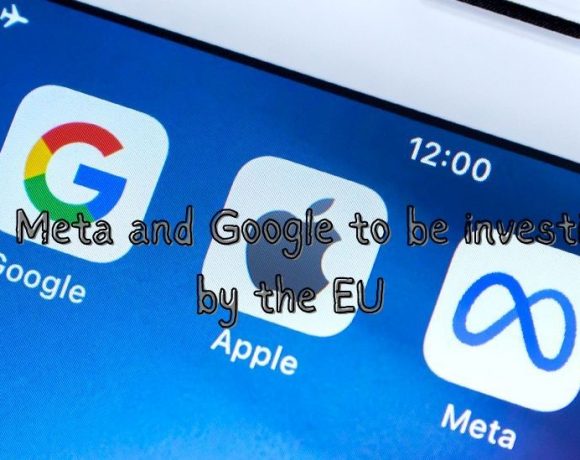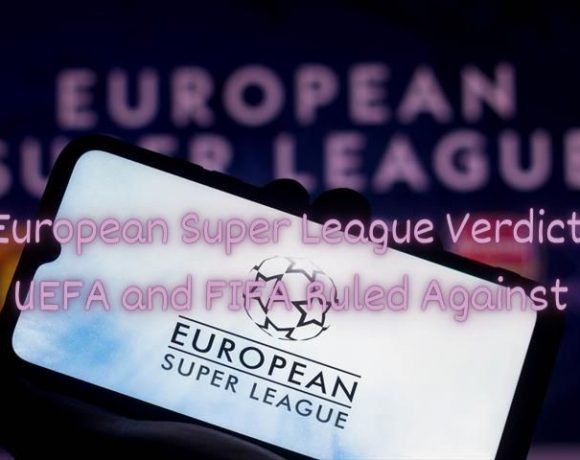
The European Union has initiated investigations into major tech companies such as Meta, Apple, and Alphabet (Google’s parent company) over potential violations of the Digital Markets Act (DMA) introduced in 2022. If found guilty, these companies could face fines of up to 10% of their annual turnover.
EU antitrust chief Margrethe Vestager and industry head Thierry Breton announced the investigations, focusing on allegations of anti-competitive practices by these tech giants. The DMA, which targets companies considered to be digital gatekeepers, aims to foster fair competition in the digital market.
The investigations are particularly focused on whether these companies are impeding fair competition, such as by limiting app communication with users, restricting user choice, or favoring their own services in search results. For instance, Apple faces scrutiny for its App Store policies, while Meta is being investigated for its advertising practices.
These investigations come shortly after Apple was fined €1.8 billion for competition law violations related to music streaming, and amid a landmark lawsuit in the United States accusing Apple of monopolizing the smartphone market.
Both Apple and Meta have responded, expressing willingness to engage with the investigation and asserting their compliance with the DMA. However, Alphabet has yet to comment on the matter.
The EU aims to complete the investigations within approximately 12 months, with a focus on ensuring open and contestable digital markets in Europe. The timing of these actions, just ahead of European Parliament elections, underscores the EU’s commitment to consumer protection and fair competition in the digital sphere.
Picture Courtesy: Google/images are subject to copyright

